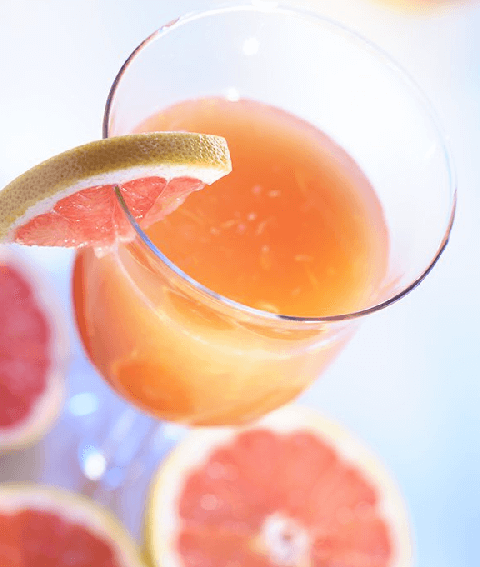Vitamin D and bones
The body can manufacture its own vitamin D upon exposure to ultraviolet light outdoors. This, however, is difficult in temperate climates like ours. While many people are familiar with the importance of vitamin D in terms of its role in calcium and phosphorus absorption –the maintenance of healthy bones – new research is indicating that the vitamin is related to a diverse range of bodily processes. Findings from a pair of newly published studies support the idea that vitamin D may both help and prevent falls and prevent diabetes.
Vitamin D and falls
A number of studies have investigated the effectiveness of vitamin D supplements in preventing falls among older adults. While some research has shown beneficial results, the outcomes have not always been consistent. To better understand any relationship that may exist between D and falls, a group of scientists from Harvard and Tufts University analyzed pooled data from five previously published studies on the topic that included a total of 1,237 participants (mostly women) with an average age of 70.
The Results:
- Taking a vitamin D supplement might help older adults cut their risk of falls by 22 percent.
- A secondary analysis demonstrated a somewhat lower but still significant drop in risk of 13 percent.
Lowering the risk of falls is a great achievement since an estimated one in three adults 65 or older suffers a fall each year. These falls can lead to fatal injuries and can set off a cascade of events leading to reductions in mobility and independence.
Bess Dawson-Hughes, MD, one of the study’s authors and the director of the Bone Metabolism Laboratory at Tufts University, notes that researchers are keying in on the idea that vitamin D may promote better muscle cell function and growth. Stronger muscles in turn are better able to support the body.
Vitamin D and better blood sugar levels
Researchers at the University of California, Los Angeles, recently published the results of a study that examined a link between blood levels of vitamin D and insulin sensitivity. Insulin is the hormone responsible for getting sugar moved from the bloodstream to the body’s tissues where it is used as fuel. Insulin sensitivity profoundly affects metabolism and weight gain.
People with high levels of vitamin D in the blood were more sensitive to insulin’s effects The pancreas had no problem producing enough insulin to get the job done quickly. (This person would have a more efficient metabolism –making it easier to lose weight and/or maintain a healthier weight.)
People with low levels of vitamin D were less sensitive, or more insulin resistant. They needed more insulin to move sugar out of the blood –a hallmark of type 2 diabetes. There was also some evidence that the insulin did its job more slowly and the pancreas was inhibited from secreting insulin. (People who are less sensitive to insulin usually have a slower metabolism – making it easier to gain weight.)
How much vitamin D is enough?
The Recommended Daily Intake (RDI) for adults over the age of 24 is 200 IU; 51 –71 years is 400 IU and for adults 71 years or older –600 IU. These numbers assume some production of vitamin D via sun exposure. However, Dr. Dawson-Hughes feels that older adults may be better served by an intake of 800 –1000 IU per day.
Sources of vitamin D
[unordered_list style=”tick”]
- Fortified milk
- Fatty fish (salmon, mackerel, sardines, herring)
- Egg yolk
- Chicken liver
- Tuna
- Yogurt
- Liver
- Fortified soy and rice milk beverages
- Margarine
- Shrimp
[/unordered_list]
[box type="tick" style="rounded" border="full" icon="none"]
TIPS FOR SUCCESS
- Spread vitamin D rich foods (milk, fatty fish, and fortified soy milk beverages), egg yolk, etc. throughout the day.
- Try to get some exposure to the sun whenever possible.
- Ensure that your multi-vitamin has at least 200 IU of vitamin D.
- Enjoy moderate amounts of monounsaturated fats (olive oil, canola oil, avocadoes) –helps to absorb vitamin D.
- Do not omit foods. Drink your milk or eat yogurt –good sources of vitamin D.
- Remember that completing your meals and a balanced diet –hallmarks of the Healthy Options program –is not just about following your weight loss program. It is about your health and well-being.
[/box]




